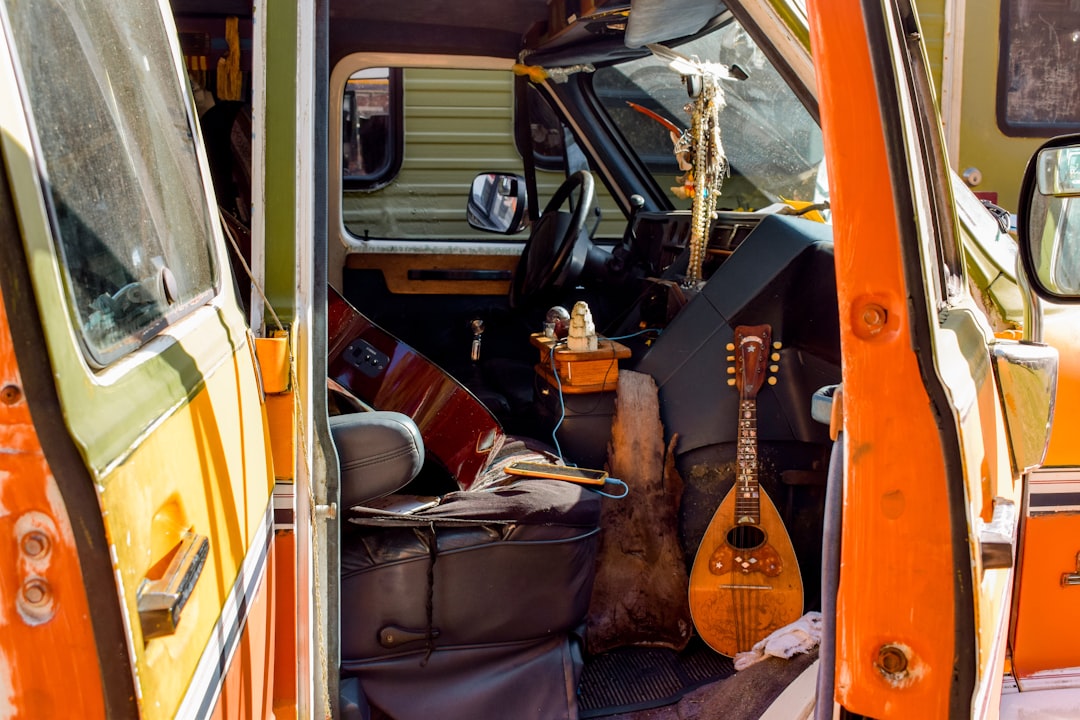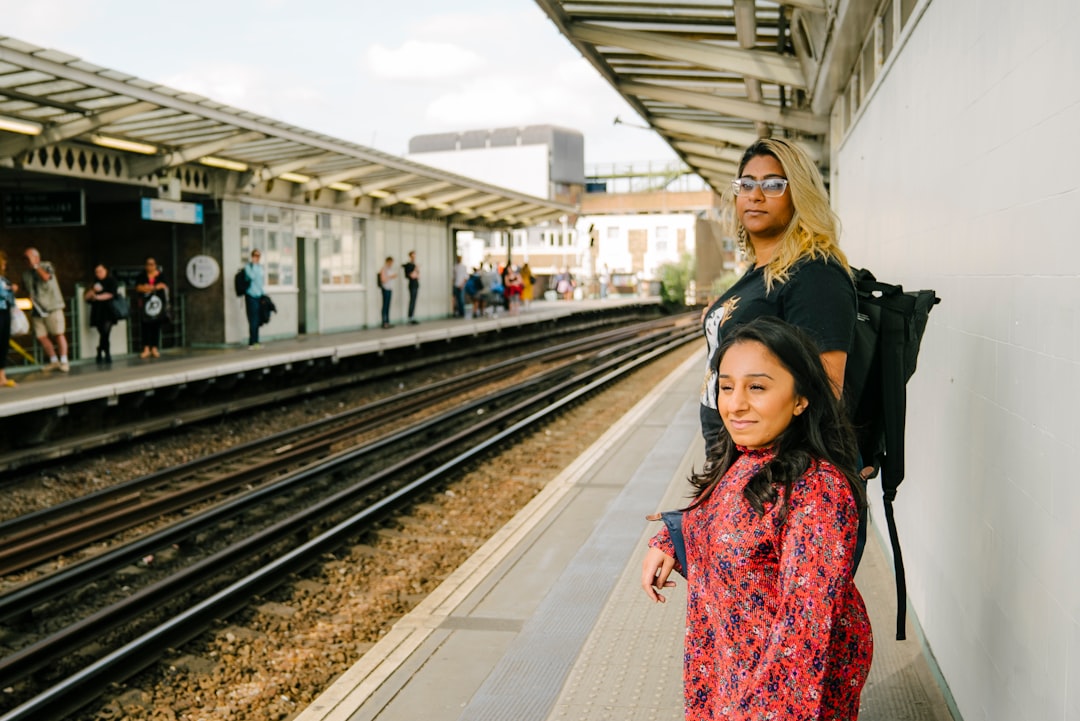What is it about?
Building relationships of trust and mutual understanding between researcher(s), local stakeholder(s) and gatekeeper(s) is widely regarded as a critical factor in successful research (Denzin and Lincoln, 2005; Jobbins 2003). Methodological strategies and tactics are often based on contextual variability and accessing some communities presents a harder and riskier proposition than others. Here we propose an empirically-driven and holistic methodological approach for accessing high-risk communities whereby deprivation and criminality characterises everyday living. Following the ‘legacy’ of both the 2014 FIFA World Cup and Rio 2016 Olympics, this paper charts a research journey by detailing how local perspectives were accessed at the heart of one urban favela in Rio: Morro dos Prazeres. The methodological framework is underpinned by leveraging social networks to aid the identification of key stakeholders required to access and bridge the void between researcher(s) and community. Furthermore, creative digital and physical access routes were also employed (including social messaging platforms such as ‘WhatsApp’) which helped build and maintain trust with highly respected community leaders before, during and after the research. We suggest that our proposed ‘Digi-cal model’ (reflecting the digital and physical nexus) approach is transferable to similar tourism projects that require sensitive approaches and complex stakeholder navigation in ‘high-risk’ community settings.
Featured Image

Photo by Milo Miloezger on Unsplash
Why is it important?
Accessing high-risk research settings in any form poses a series of methodological challenges. Moreover, a critical aspect of existing research methodologies into how researcher-gatekeeper relationships are formed, developed and maintained are limited (Emmel, Hughes and Greenhalgh, 2007; Clark, 2011), with little work offering useful practical strategies to overcome such challenges. Ateljevic, Pritchard and Morgan (2007) argue that there is too much emphasis on identifying the issues and problems in critical tourism research without proposing multi-dimensional and disruptive solutions. Therefore, researchers wishing to voyage into challenging environments must consider strategies and tactics to ‘de-risk’ the research setting and develop solutions to achieve this.
Read the Original
This page is a summary of: Leveraging digital and physical spaces to ‘de-risk’ and access Rio's favela communities, Tourism Geographies, February 2019, Taylor & Francis,
DOI: 10.1080/14616688.2019.1571099.
You can read the full text:
Contributors
The following have contributed to this page










